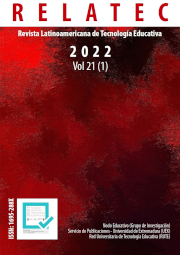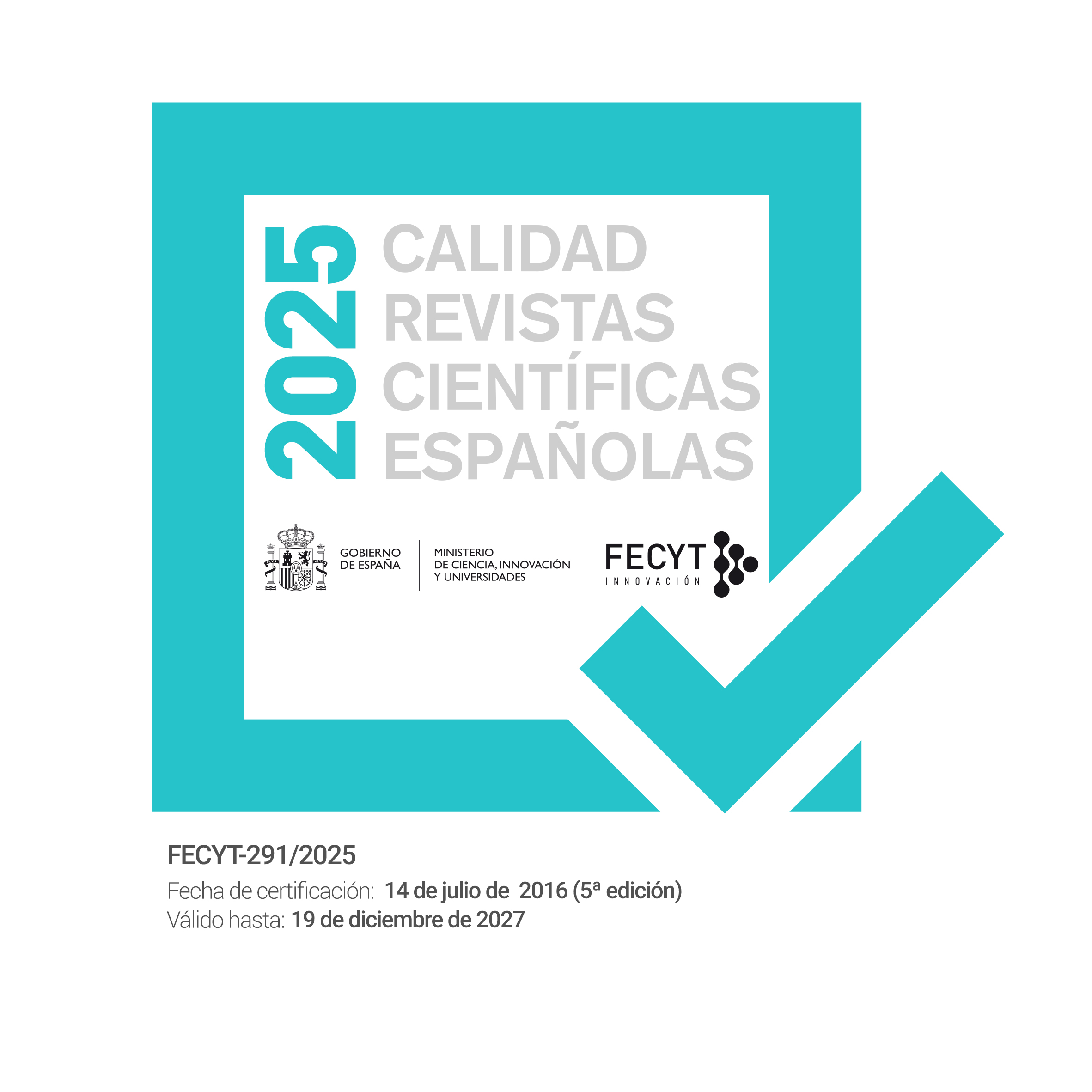Las TIC como vía de comunicación familia-escuela en la educación compensatoria
DOI:
https://doi.org/10.17398/1695-288X.21.1.97Palabras clave:
Educación compensatoria, Centro de enseñanza, Tecnologías de la información y la comunicación, Fracaso escolar, ComunicaciónResumen
La coexistencia en España de una diversidad social ha conllevado una situación de desigualdad socio-económica, la cual ha provocado que desde el sistema educativo español tuvieran origen los primeros Centros Educativos de Compensatoria en los años 60, cuya finalidad es apoyar la inserción socioeducativa del alumnado. La principal inquietud de esta investigación, está relacionada con la posible asociación entre las diferencias socio-económicas y un mayor índice de fracaso escolar, atendiendo a las dificultades sobrevenidas de la situación del Covid-19 al haberse instaurado las TIC como principal vía de comunicación. El objetivo de este estudio es conocer el uso que hacen las familias de los Centros Educativos de Compensatoria andaluces de los recursos TIC en el ámbito educativo como vía de comunicación, y contrastarlos con el uso de familias normativas; estando la muestra compuesta por discentes y familias de dichos centros del 2º ciclo de Educación Infantil. Para ello, se analiza el acceso a los dispositivos digitales, frecuencia con las que emplean las plataformas educativas iPasen/iSéneca, Classroom, u otras vías alternativas, y las finalidades de las mismas. La información se obtiene a través de unos cuestionarios elaborados de manera específica ad hoc para la investigación, apuntando los principales resultados diferencias puntuales entre ambas poblaciones respecto al acceso y empleo de los diversos recursos digitales. Finalmente, se concluye que el nivel socio-económico se puede considerar un condicionante en la comunicación familia-escuela.
Descargas
Descargas
Publicado
Número
Sección
Licencia
Los autores/as que publiquen en esta revista aceptan las siguientes condiciones:
1. Los autores/as conservan los derechos de autor y ceden a la revista el derecho de la primera publicación, con el trabajo registrado con la licencia Creative Commons Reconocimiento-NoComercial-SinObraDerivada 4.0 International (CC BY-NC-ND), que permite a terceros utilizar lo publicado siempre que mencionen la autoría del trabajo y a la primera publicación en esta revista.
2. Los autores/as pueden realizar otros acuerdos contractuales independientes y adicionales para la distribución no exclusiva de la versión del artículo publicado en esta revista (p. ej., incluirlo en un repositorio institucional o publicarlo en un libro) siempre que indiquen claramente que el trabajo se publicó por primera vez en esta revista.
3. Se permite y recomienda a los autores/as a publicar su trabajo en Internet (por ejemplo en páginas institucionales o personales) antes y durante el proceso de revisión y publicación, ya que puede conducir a intercambios productivos y a una mayor y más rápida difusión del trabajo publicado (vea The Effect of Open Access).









